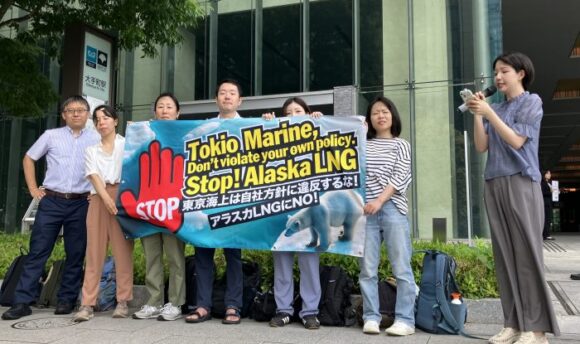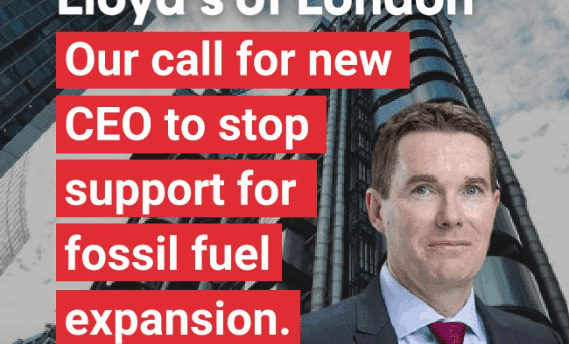Today, the shareholder advocacy organization Investors for Paris Compliance (I4PC) released a report outlining the role of Canada’s property and casualty insurance industry in encouraging fossil fuels while facing rising climate claims and passing along these costs to policyholders. The report Playing With Fire: Canadian Insurers and Fossil Fuels shows how the industry redistributes climate-related risks and costs to consumers and taxpayers while underwriting and investing in fossil fuels.
“The industry is engaging in a major contradiction – despite recognizing the threat climate change poses to its business, property and casualty insurance companies foster that threat via underwriting and investing in the fossil fuel sector to the tune of billions of dollars. As the industry seeks government assistance to manage climate impacts, taxpayers have every right to demand that these companies stop contributing to the problem.”
Key findings of the report include:
- Climate change is rendering some regions and assets uninsurable and is driving up insurance rates across the country. Home insurance rates surged 73% over the past decade, with a 7.7% increase last year, disproportionately affecting vulnerable families. Meanwhile, companies like Intact and Fairfax are increasing their shareholder dividends.
- Despite a global trend of insurers restricting fossil fuel underwriting, the Canadian insurer Fairfax ranks among the largest underwriters of fossil fuels.
- In 2023, the top seven Canadian P&C companies or their parent companies invested over $19.5 billion in fossil fuels.
- Governments are being asked to shoulder the burden of riskier properties and climate-related infrastructure damage, potentially increasing the long-term financial load on taxpayers.
“As society’s risk managers, Canadian insurers have the power to significantly influence capital flows, but instead of aligning with a climate-safe future, they continue to seek revenues from coal, oil, and gas, thereby driving up risk. This jeopardizes the long-term viability of their industry, but also extends beyond insurance, affecting infrastructure investments, real estate dynamics, and the livelihoods of all Canadians.”
To address this contradiction and support a just transition, the report calls for:
- Robust transition plan development and disclosure from insurance companies.
- Action from federal and provincial regulators to step in and accelerate this process.



